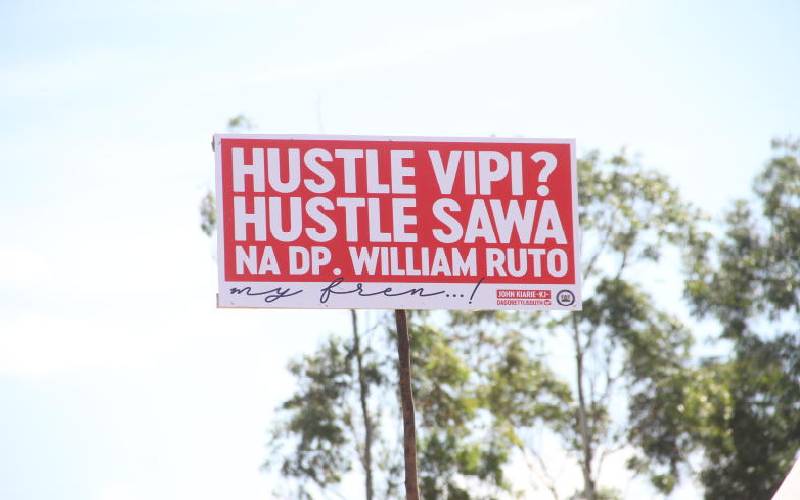×
The Standard e-Paper
Home To Bold Columnists

Few political movements have excited Kenyans as much as the ‘Hustler Nation’. It is a phenomenon to watch as it expands and eventually implodes because it contains incompatibles that temporarily coalesce around Deputy President William Ruto.